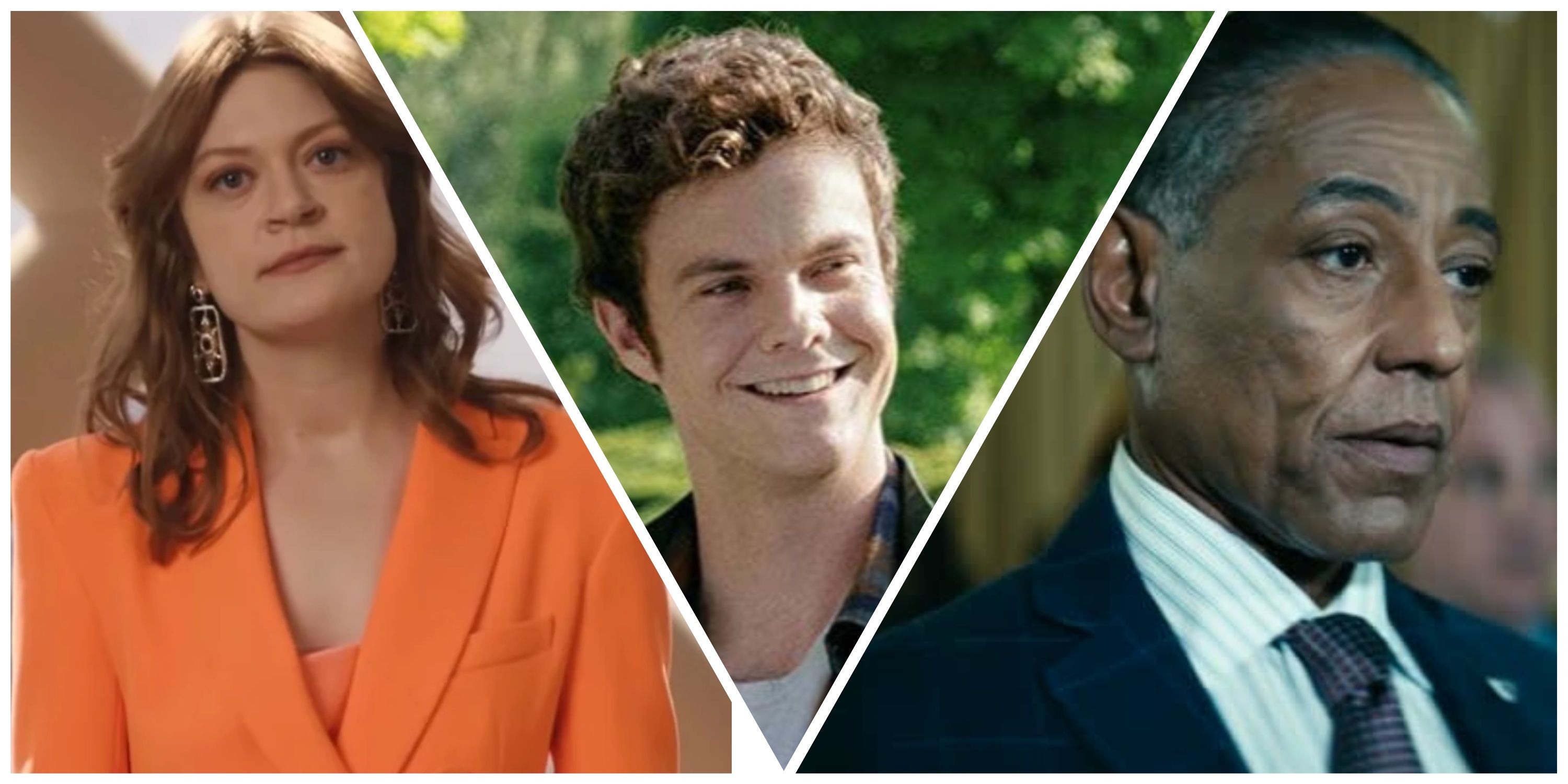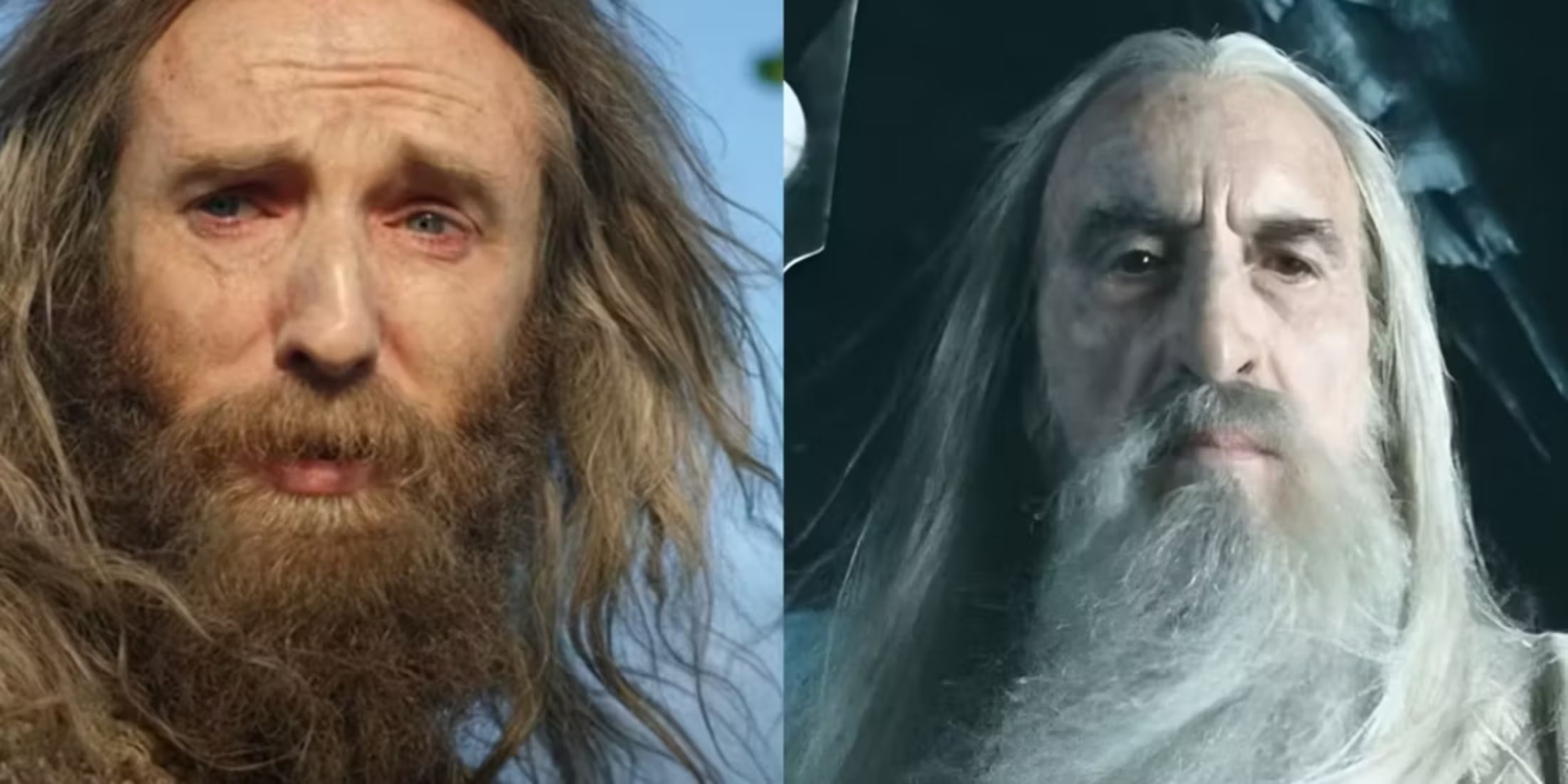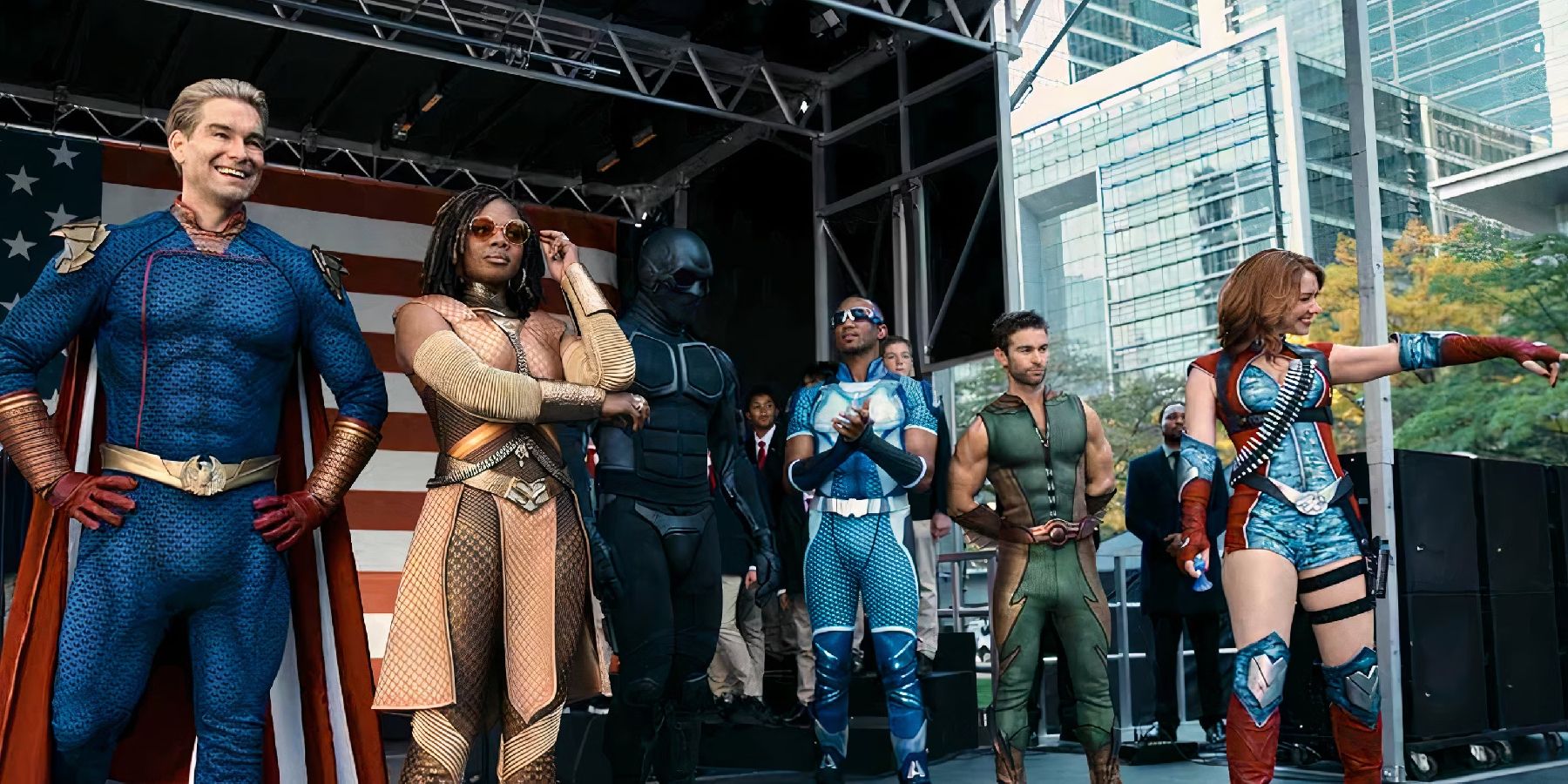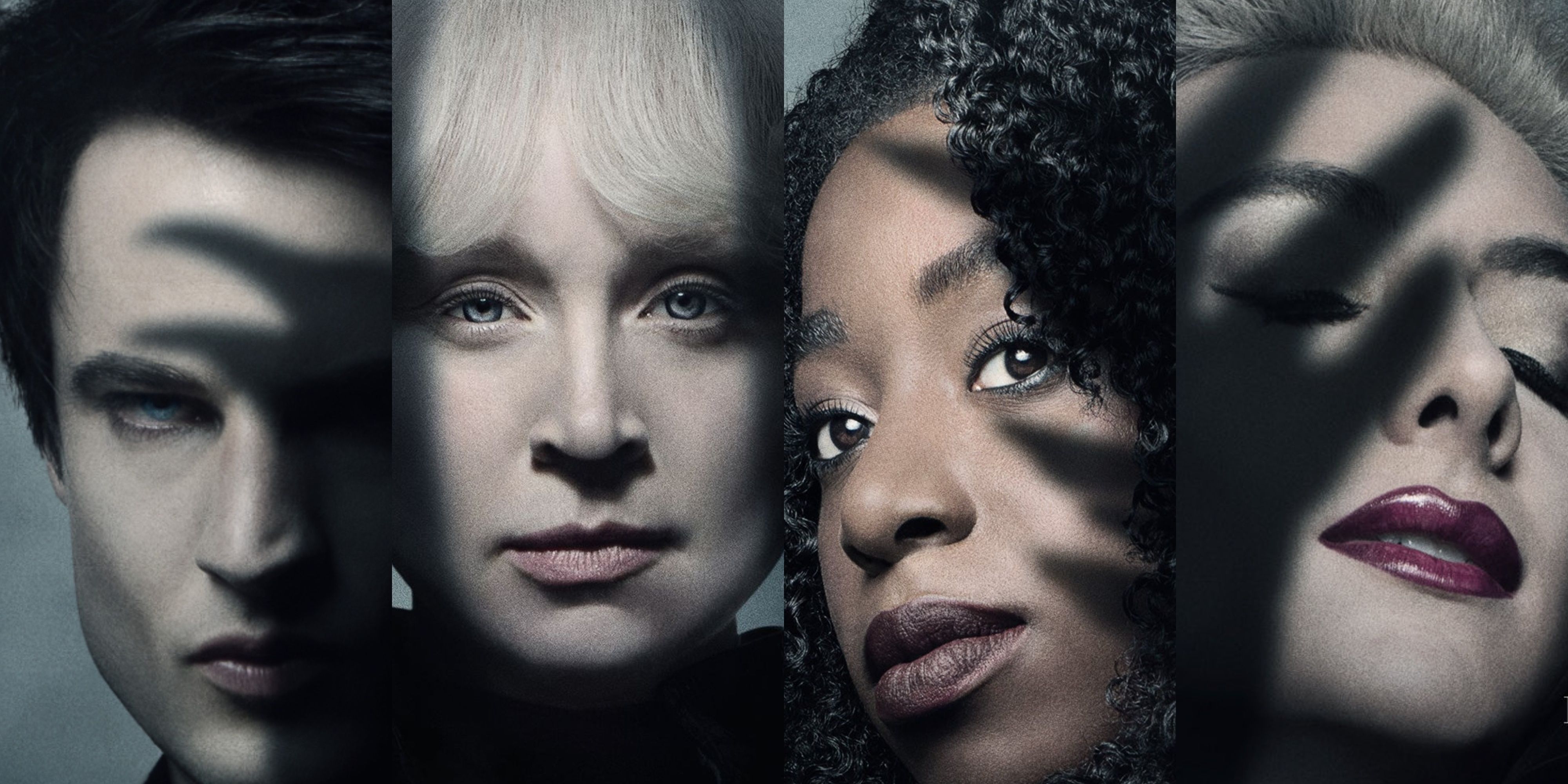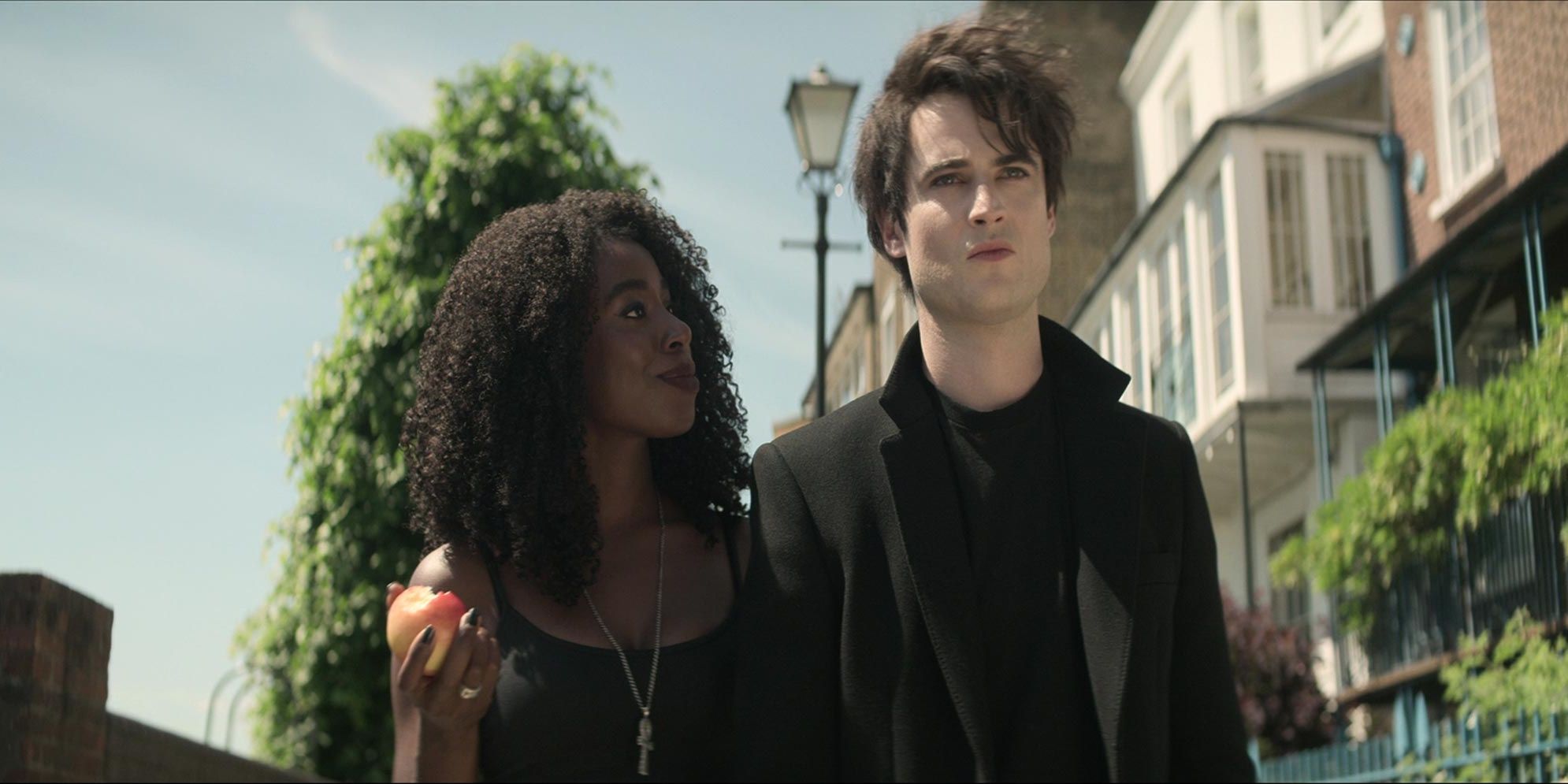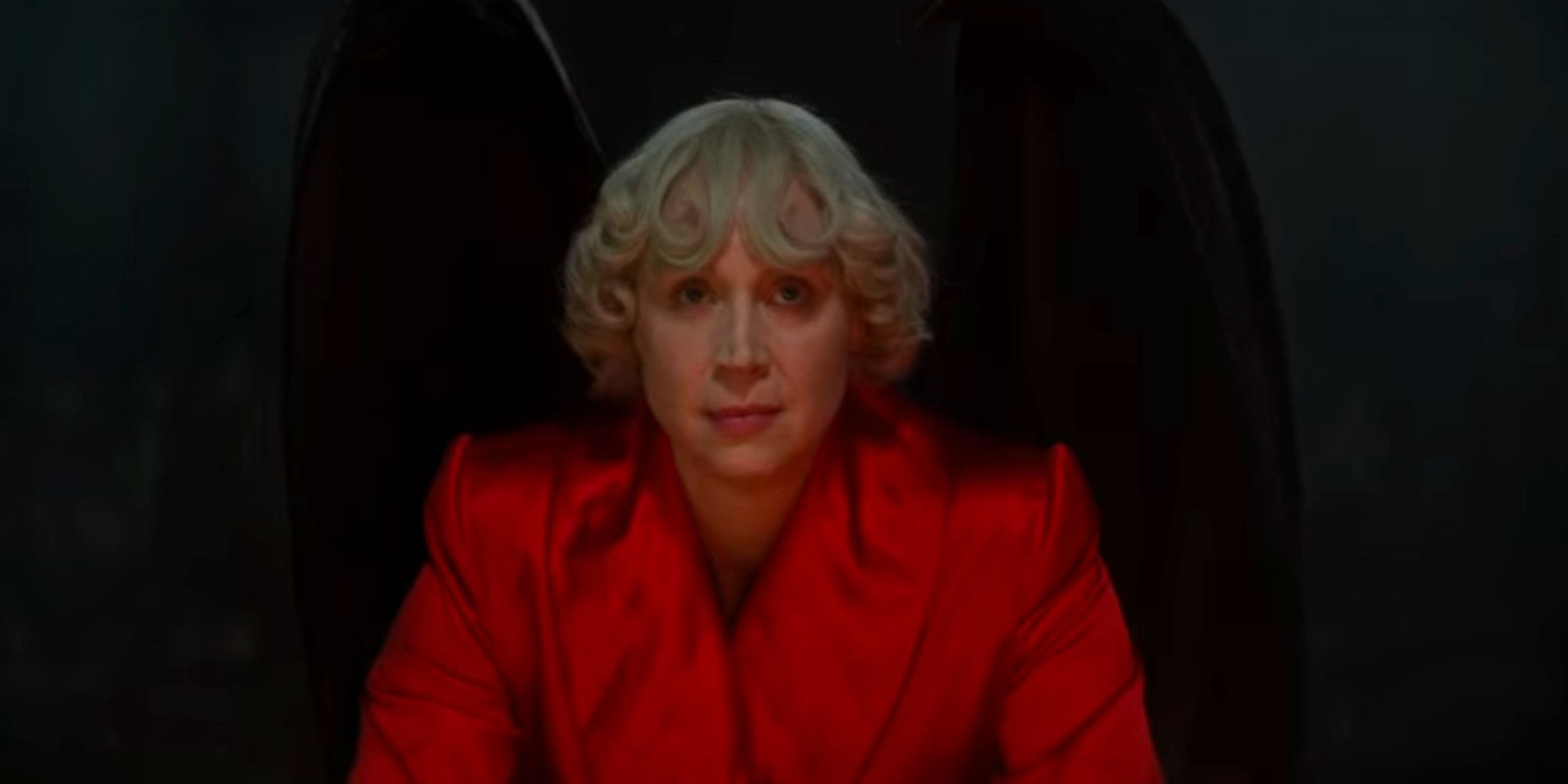The term "woke" has undergone the slow and shameful death of every oversaturated term that is wielded as a weapon in the ongoing culture war. Unshockingly, every new piece of pop culture suffers the distasteful fate of social media discourse. Some examples are more valid than others, but the discussion around The Sandman seems to omit some key details.
Casting a comic book adaptation is always a fraught business, often because fans love to imagine their preferred performers in the role of their favorite characters. Of course, the casting announcements will be met with a bit more backlash if they dare cast a woman or a person of color.
Netflix's adaptation of The Sandman made waves among certain deeply unpleasant communities for its casting decisions. Most notably, Rose Walker, Unity Kincaid, and Death, all traditionally portrayed as white characters, were portrayed by black actors. Death's portrayal by Kirby Howell-Baptiste received special negative attention from sections of the online outrage community. Dream's dutiful librarian Lucien was turned into Lucienne, and portrayed by a woman of color, rather than the typical white male appearance. Lucifer Morningstar, typically portrayed with painstaking resemblance to David Bowie, was instead portrayed by Game of Thrones star Gwendoline Christie. Finally, non-binary star Mason Alexander Park joined the cast as Desire, sparking the least logically accurate outrage of the bunch. These examples of interesting casting resulted in predictable bouts of bigoted shouting by the kind of person who makes a living off making people angry.
From even the most strictly canonical perspective, very few of these issues have merit. The Endless do not have racial identities in the way that humans do. Dream appears as white, black, Asian, or non-humanoid depending on who happens to be looking at him at the time. Fans were even able to see Ernest Kingsley Jr. briefly take the role of Dream. It stands to reason that Death would do the same. This power extends to most of the powerful figures in the series' universe. Lucifer is free to change shape at will while Lucienne's physical appearance seems to have been hand-crafted by Dream. These characters' race and gender identity aren't just incidental, they're fully malleable at the whim of the powerful figures. Meanwhile, Desire is an androgynous character by design. They are referred to by Dream as his "sister-brother", or more simply, his "sibling". In 2017, Gaiman stated that the correct pronouns for the character are "they/them". The casting of a character who doesn't identify as non-binary would be a failure to properly adapt the character. These issues fall flat with even a cursory glance at the source material.
From a non-canonical perspective, however, these complaints carry even less weight. The type of person who whines about race-blind casting in adaptation always argues that the best person should get the role. When a white person gets cast in a traditionally non-white role, the "anti-woke" crowd sees it as an egalitarian example of doing what's right for the part. Strangely, the idea that an actor who isn't as white or male as they were on the page might have been the best choice never seems to enter their mind. It's impossible to make everyone happy, but Neil Gaiman choosing to boldly call out the toxic elements of his fan base as ignorant of the source material is both wise and kind. Especially given the themes of his magnum opus.
The Sandman was, in many ways, progressive for its time. That time has passed, and in the decades it took to get an adaptation off the ground, some things had to change to keep that trend alive. Gaiman worked extensively on the adaptation, taking the opportunity to update his work for the new generation and the new medium. The original work was a haven for the oddballs that wouldn't find their home on the traditional DC Comic book pages. The Sandman was more than happy to display queer characters with casual ease. It's about the power of stories to give a voice to those who don't have one. In its modern iteration, the show has the opportunity to carry that message forward into a new era.
The Sandman has a pretty clear message about the nature of power. Those who have power and choose to use it for evil suffer nightmarish fates. Those who use their gifts to prey on others aren't fit to serve as monsters in a children's story. The Endless, living embodiments of the forces that govern all of reality, are bound and personified by their duty to serve the beings that live under their domain. Adapting one of the most beloved stories in comic book history into one of the most hotly anticipated projects on TV is a position of substantial power. Those who saw the creatives using that power to elevate people who don't often get that opportunity and chose to speak in hate have failed to take the lesson of The Sandman to heart.

